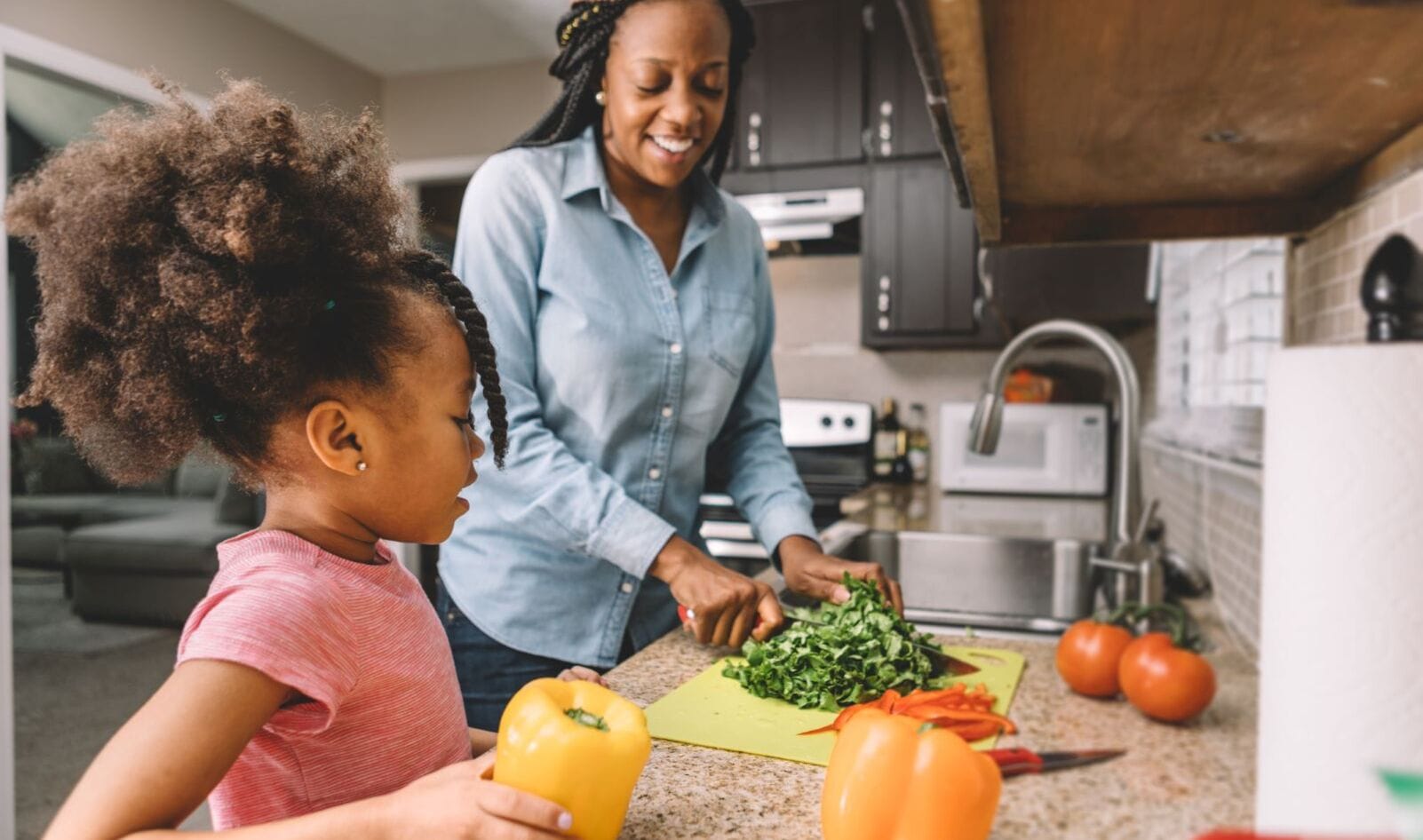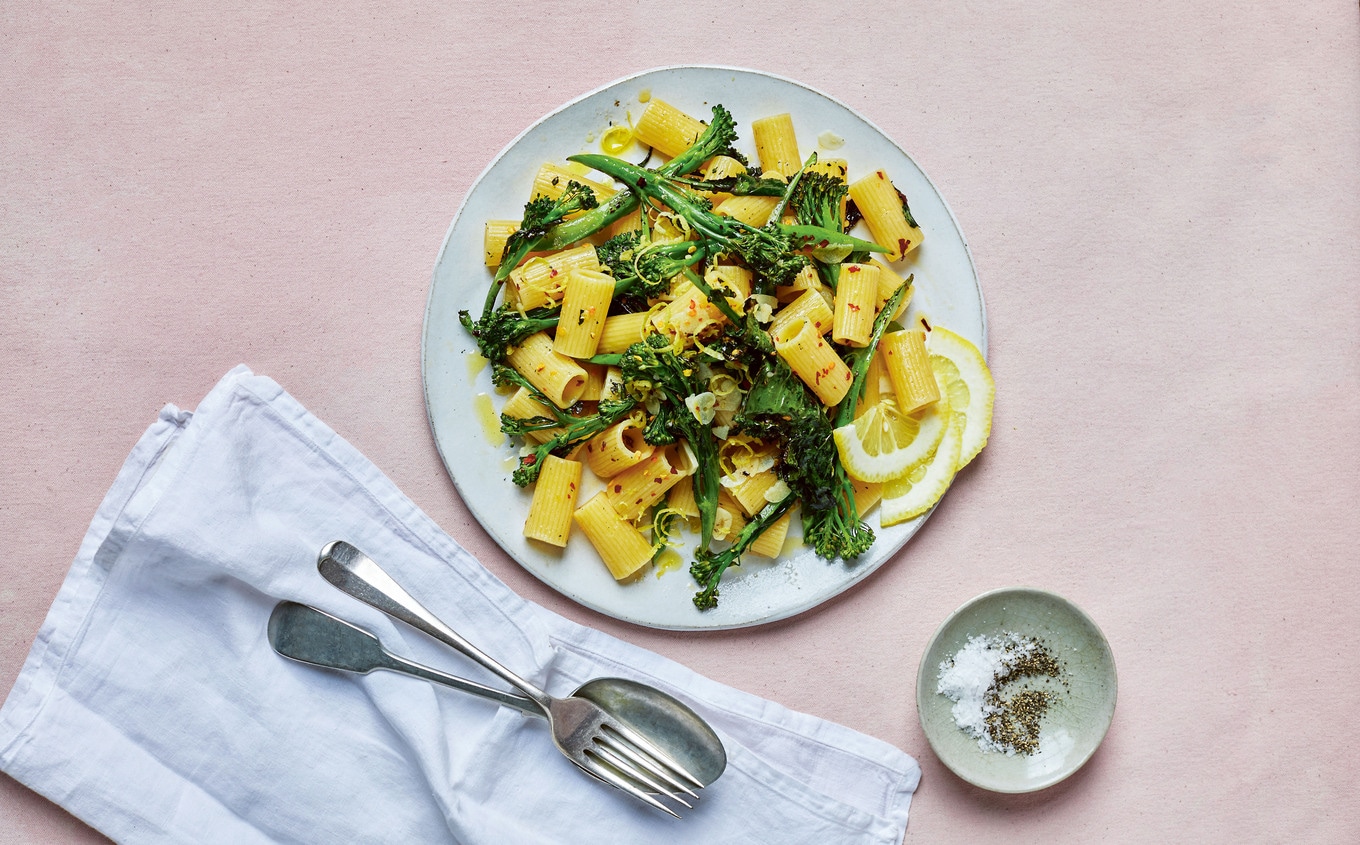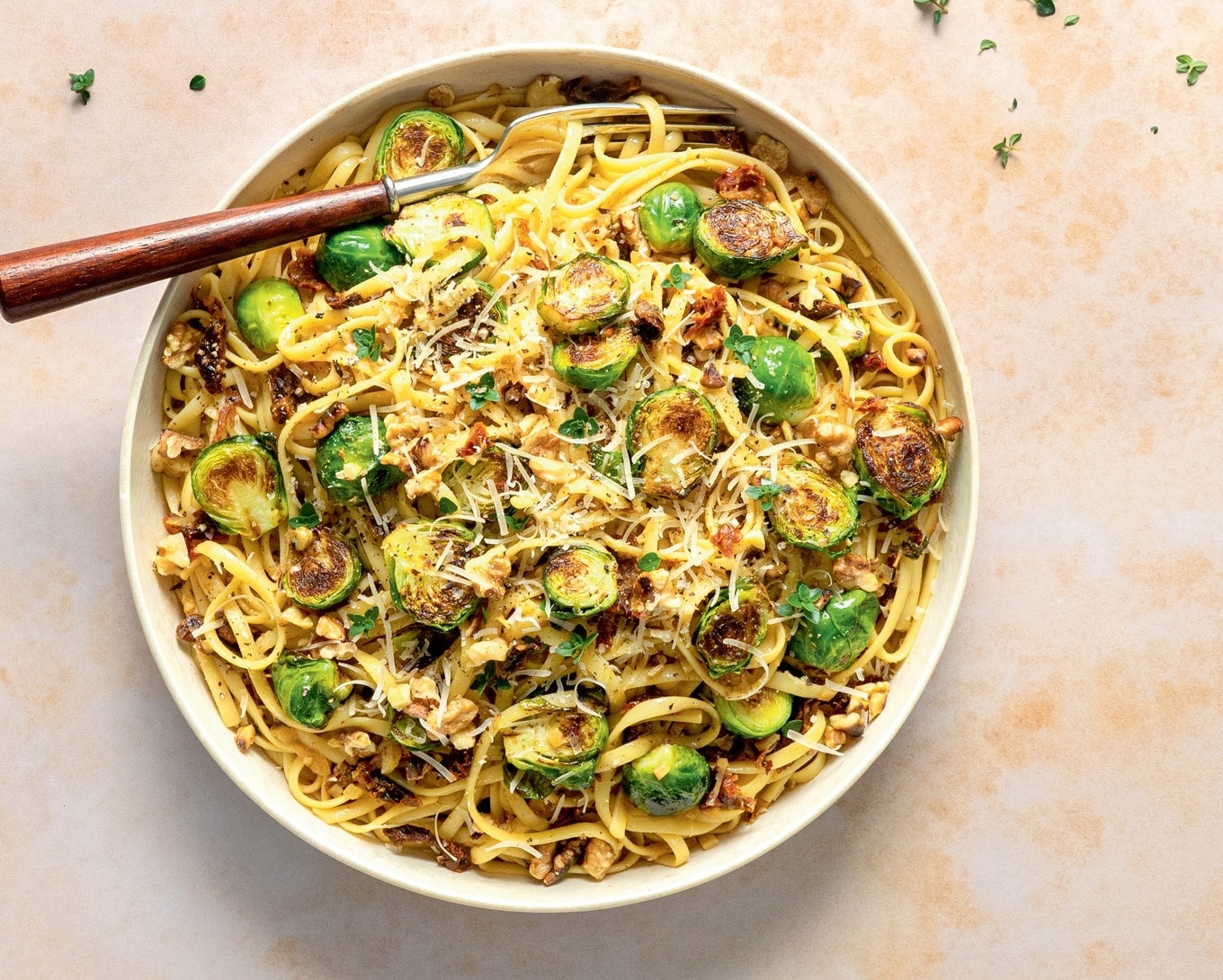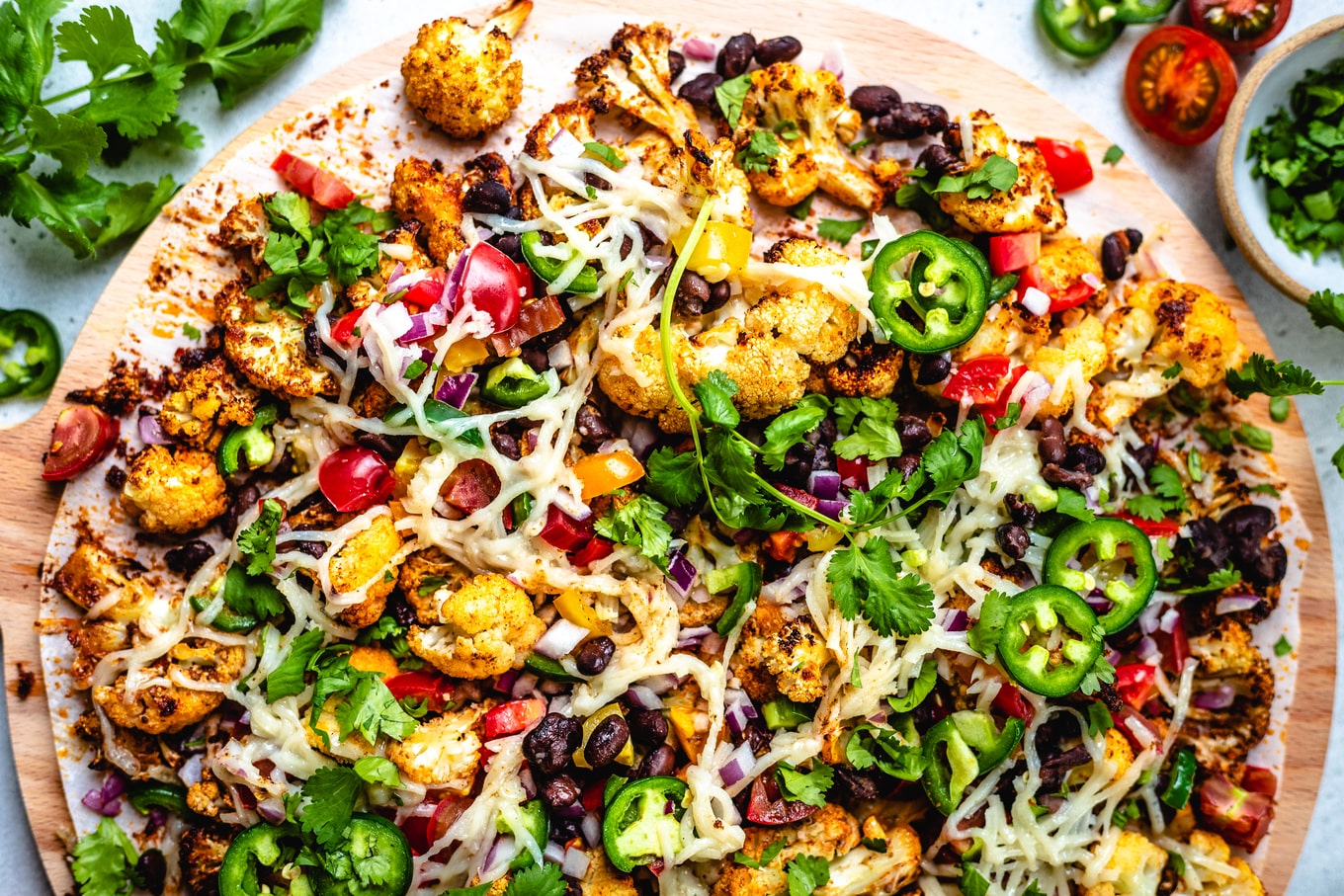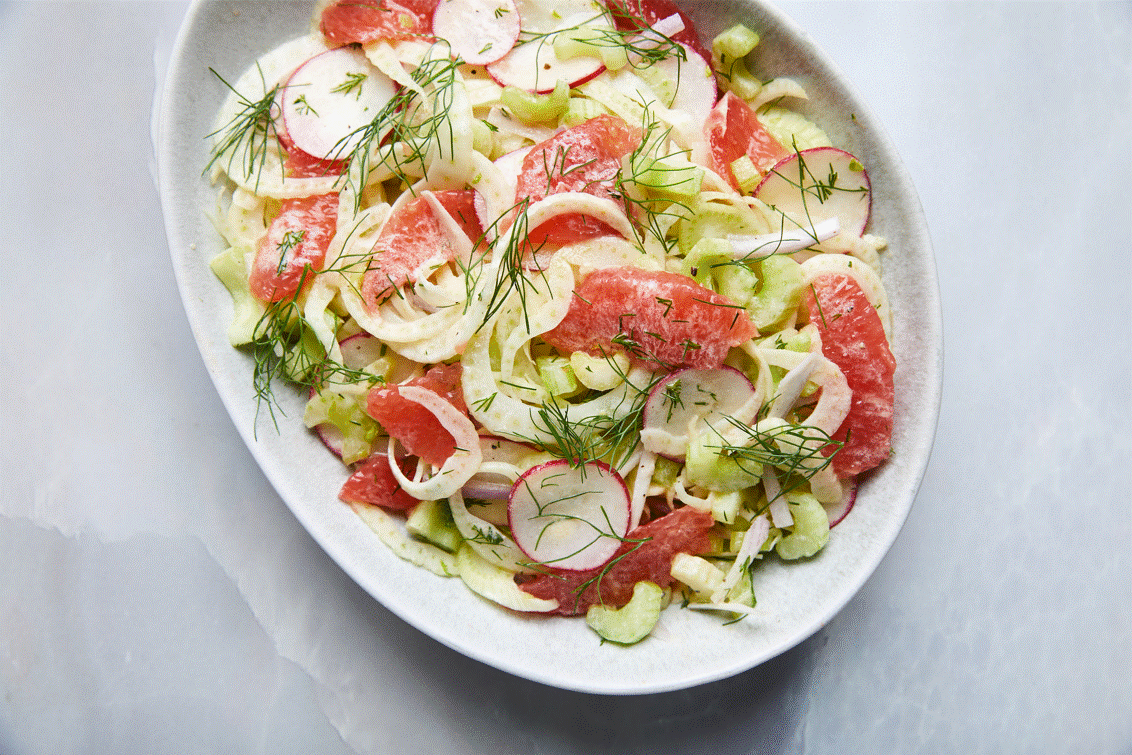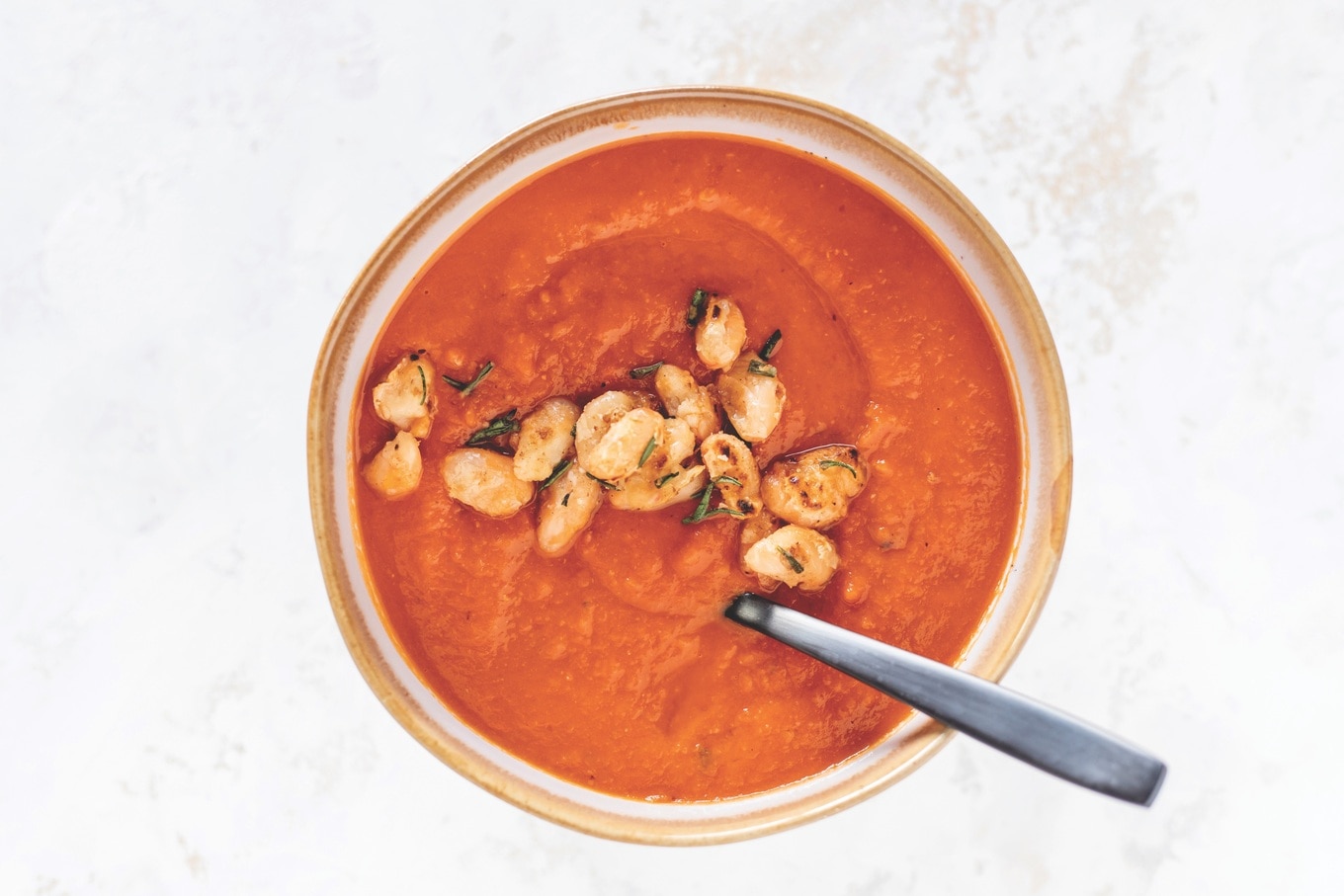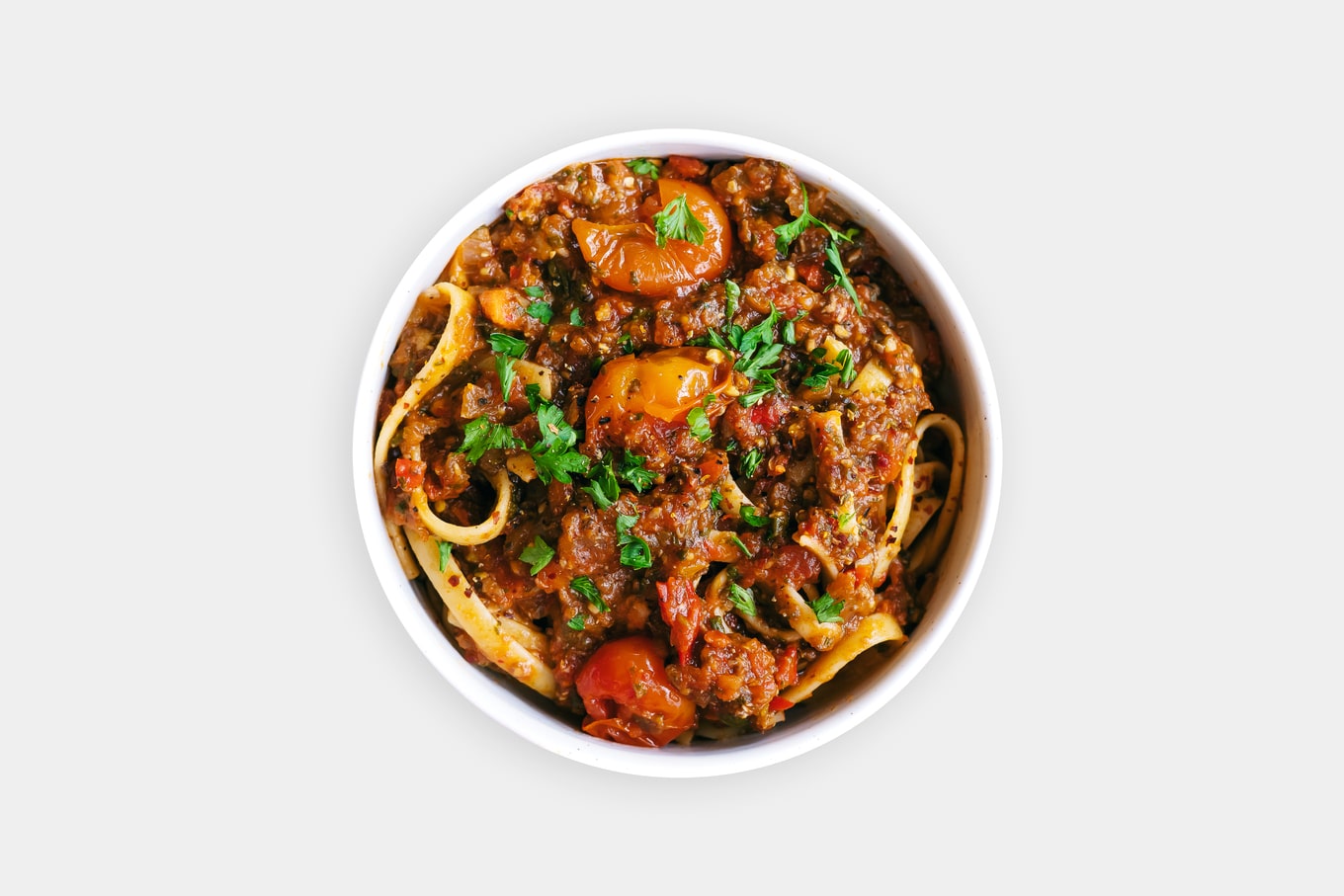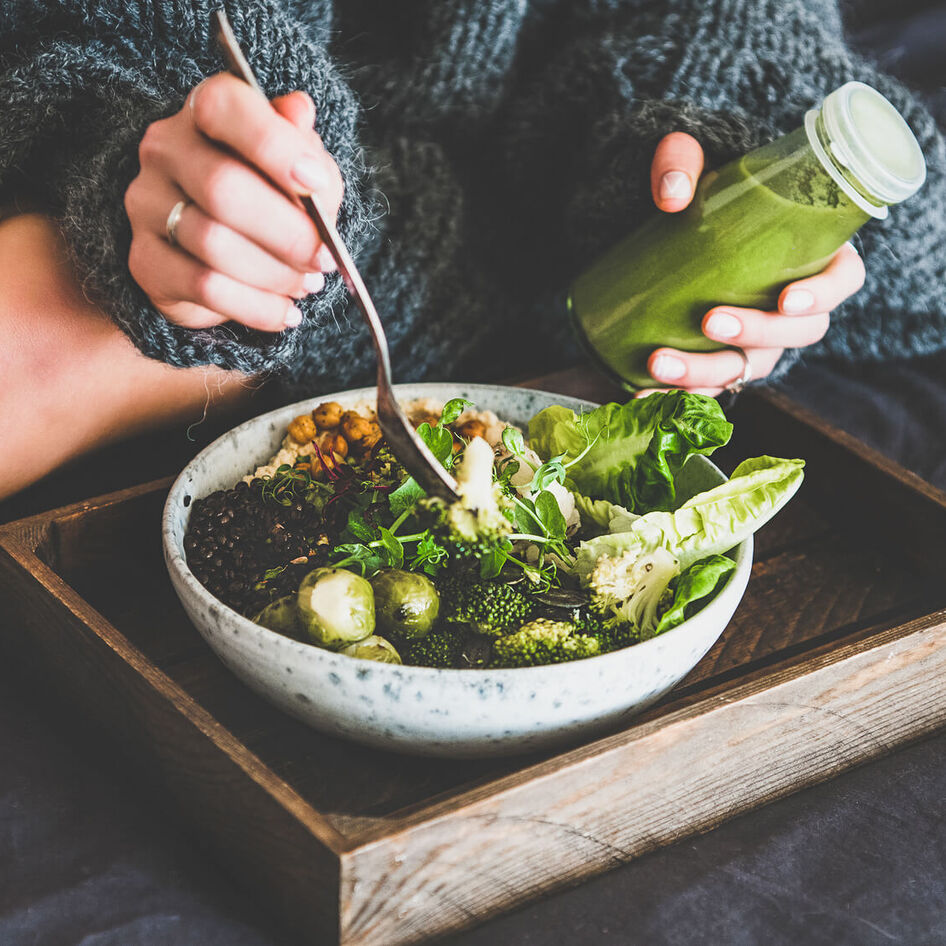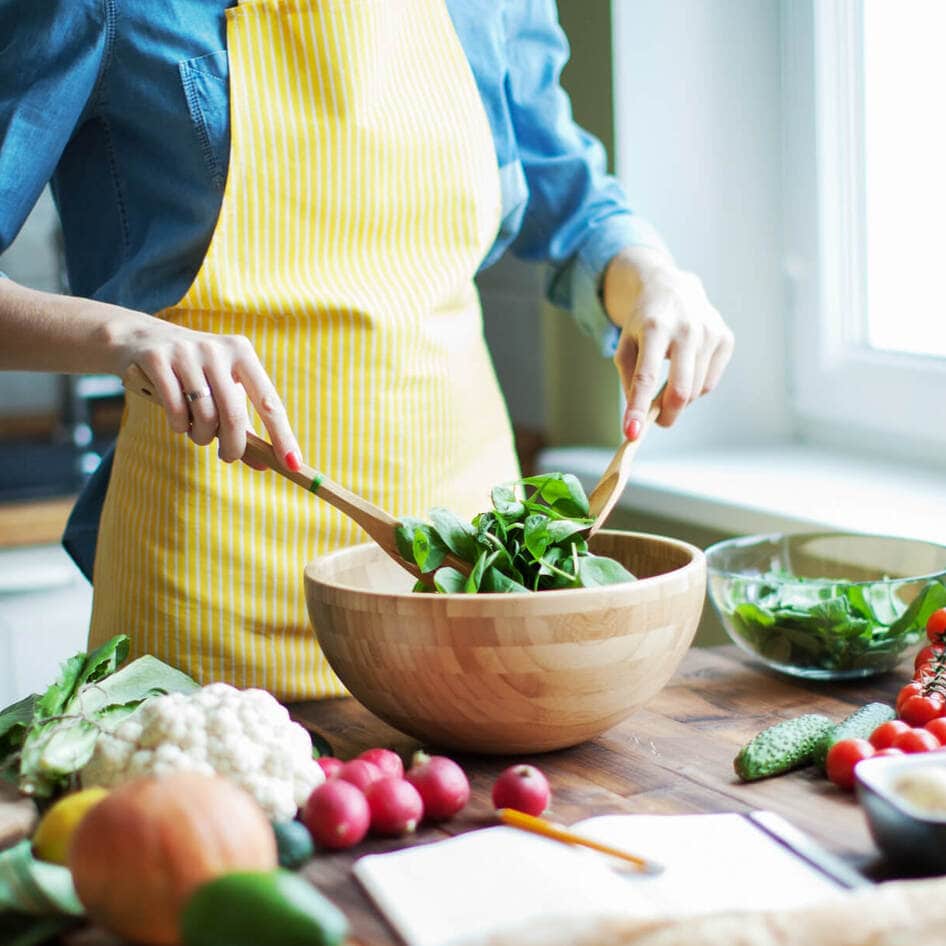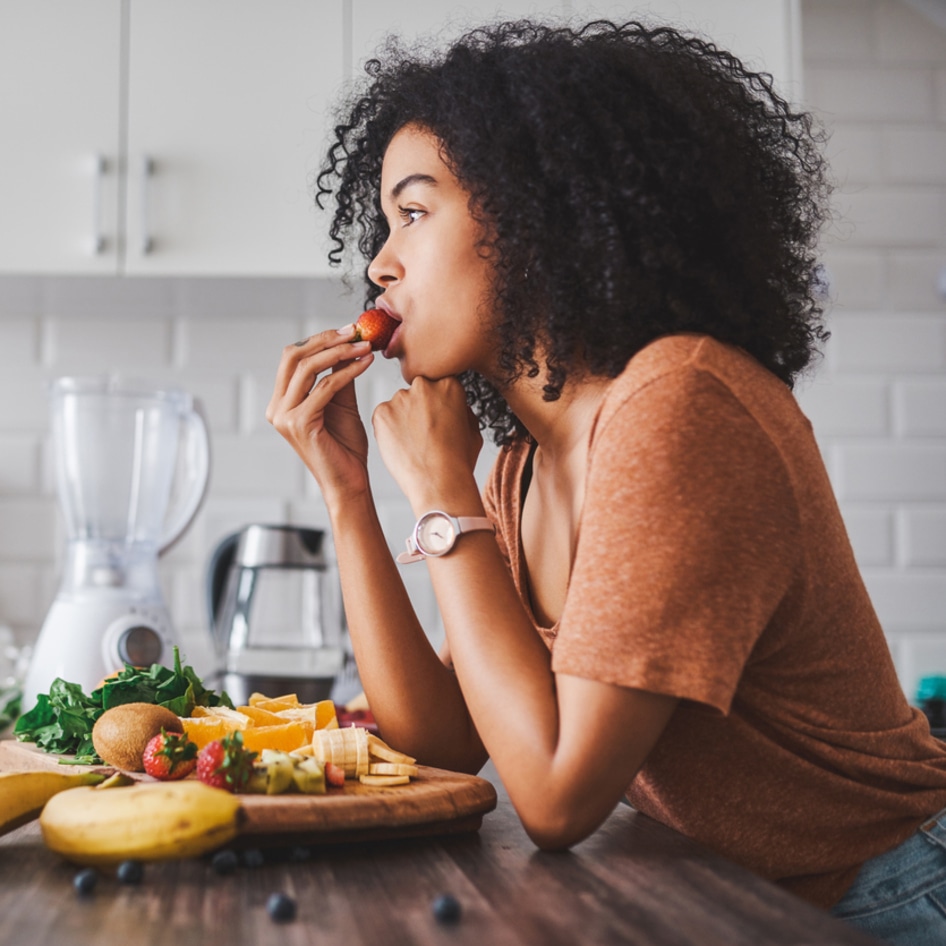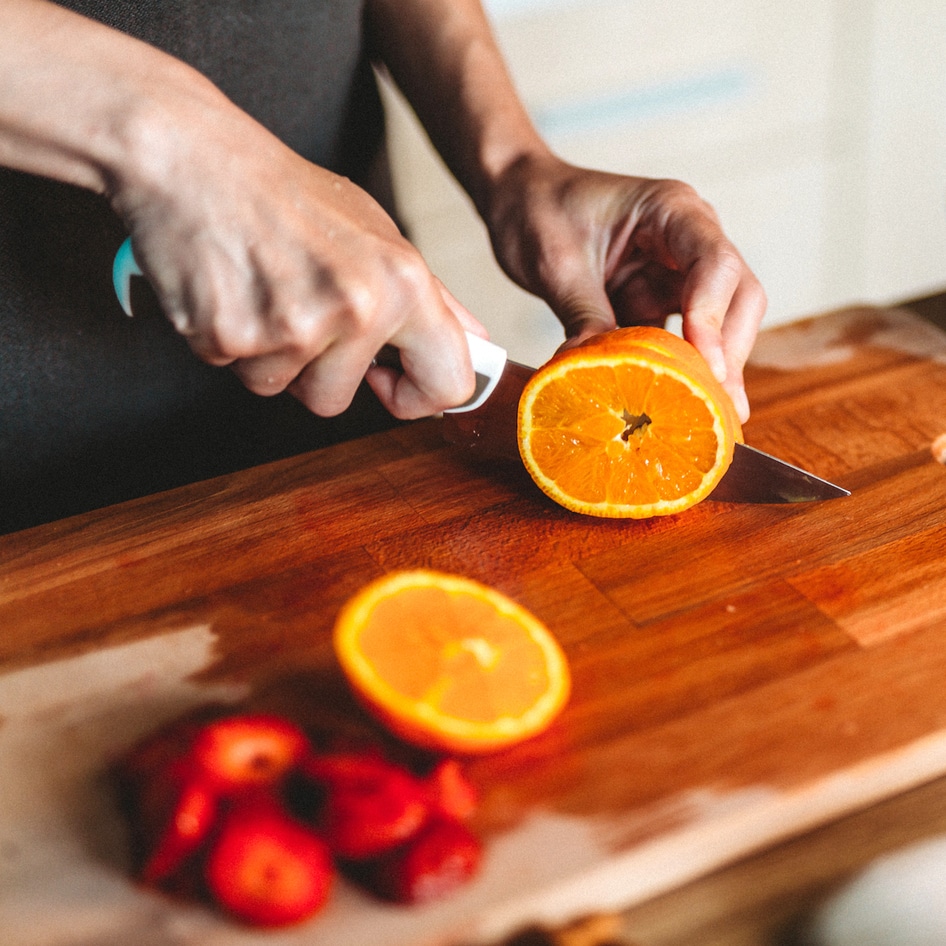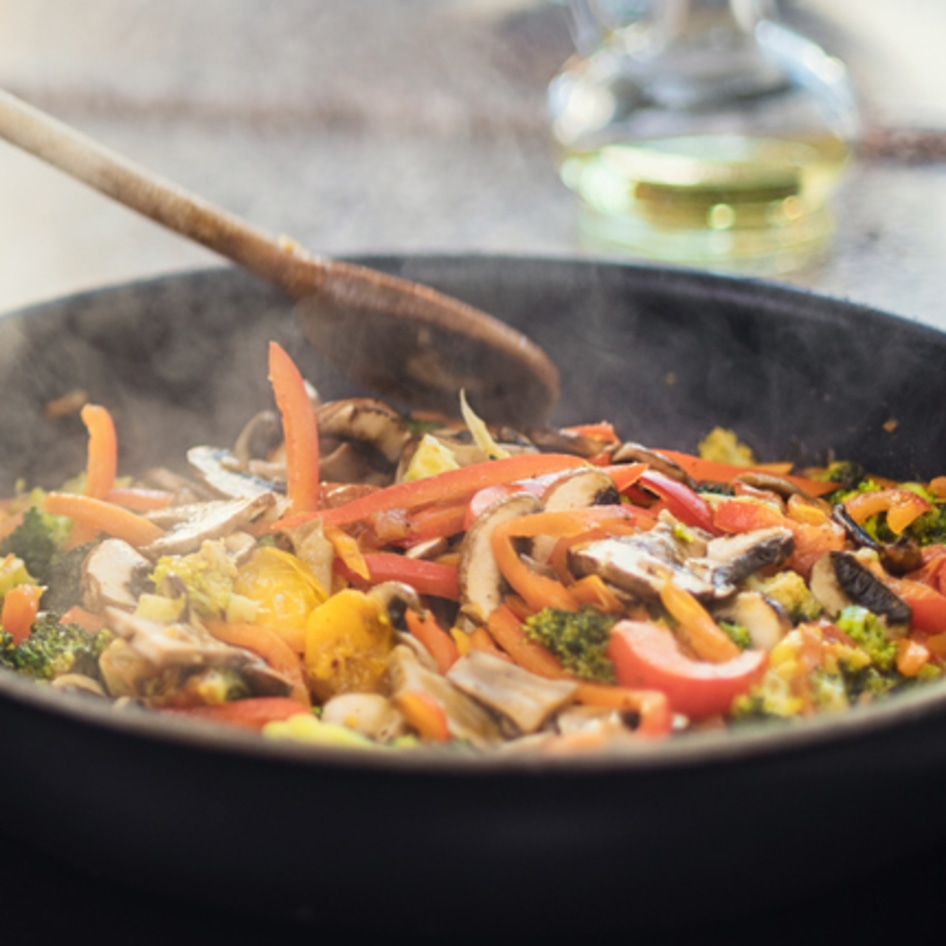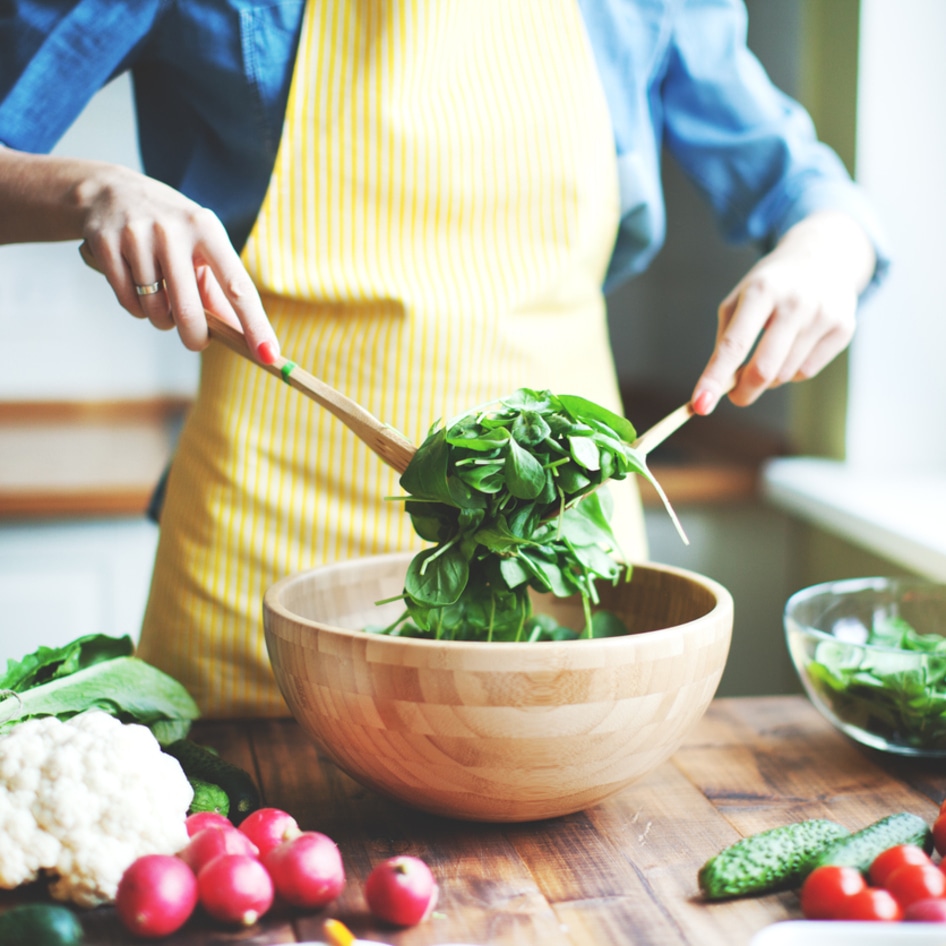When we say vitamin C is essential, we don’t mean the pop singer whose song, “Graduation (Friends Forever)” played on a constant loop in 2000. We’re talking about the important dietary nutrient found in citrus fruits and other, perhaps unexpected, common eats. In fact, here are 6 surprising ways to ensure you get your vitamin C.
Why is vitamin C important?
Vitamin C is necessary for the body to build collagen in bones and cartilage; helps iron absorption and protein metabolism; and lessens bruising by ensuring capillary walls and blood vessels are firm. It also protects you from oxidative stress through its antioxidant properties and may keep colds and infections at bay. Plus, vitamin C aids in gum health and healing cuts.
Where to get vitamin C, plus recipe ideas
Who said vitamin C only came from oranges? Dig up that Vitamin C playlist and try these six scrumptious recipes for a healthy dose of this important nutrient sure to keep you, your bones, and your gums happy!
1 Broccoli
Vitamin C doesn’t just come from tangy, bright fruit––broccoli is a high contender offering 51 milligrams per serving per half cup. For a hearty mouthful of vitamin C, double the broccoli in this Roasted Lemony Broccoli Rigatoni. Pair it with a mound of Sweet Potato Swirl Mashed Potatoes and you’ve got yourself a vitamin C fest (as sweet potatoes are also a source of vitamin C).
2 Brussels sprouts
Hailing from Europe, Brussels sprouts are a member of the cabbage family. These greens may have a bad rap (and are often dropped under the table for Fido), but when it comes to vitamin C, they’ve got nothing but good graces at 48 milligrams per serving per half a cup when cooked. Don’t let the naysayers dissuade you from eating your Brussels sprouts, we can’t get enough of this Easy Vegan Brussels Sprout Linguine in White Wine Sauce.
3 Cauliflower
Though grown in many varieties and colors, cauliflower doesn’t come to mind when we think of vitamin C. But actually, cauliflower offers 26 milligrams of vitamin C per serving per half a cup. To get your cauli fix, check out these delicious Vegan Teriyaki Sesame Cauliflower Bites or these Loaded Vegan Spicy Cauliflower Nachos.
4 Grapefruit juice
Grapefruits are named such because they grow in clusters similar to how grapes grow. Pink and red grapefruits get their bright colors from a carotenoid phytonutrient called lycopene. Though the rind can be quite bitter, grapefruits have a tart, juicy flesh that rivals their citric cousin, the orange. Three-fourths of a cup of grapefruit juice will get you 70 milligrams of vitamin C per serving. To get you started on cooking with the juice, check out this recipe for Vegan Shaved Fennel and Pink Grapefruit Salad With Cashew Dill Yogurt Dressing.
5 Sweet red pepper
The most common sweet red pepper in our grocery stores is the red bell pepper. These warm-season crops are actually green bell peppers that are left to mature and change in color. Just half a cup of raw sweet red peppers gets you more than your RDA at 95 milligrams of vitamin C per serving. Their green counterparts, raw sweet green peppers, are also a good source of vitamin C, clocking in at 60 milligrams per serving per half a cup. Try this Vegan Tuscan Red Pepper and White Bean Soup With Crispy Fried White Beans––add green bell peppers for extra C!
6 Tomatoes and spinach
Most tomatoes grow on vines, and spinach, with its high iron and antioxidant count, tastes delicious. These two vegetables alone provide vitamin C––33 milligrams per serving per three-fourths cup for tomato juice and 9 milligrams per serving per half a cup of cooked spinach––so imagine their power when combined! That’s why we love this Hearty Vegan Mushroom Bolognese With Fettuccine recipe.
For more vegan food, read:
JUMP TO ... Latest News | Recipes | Guides | Health | Shop

